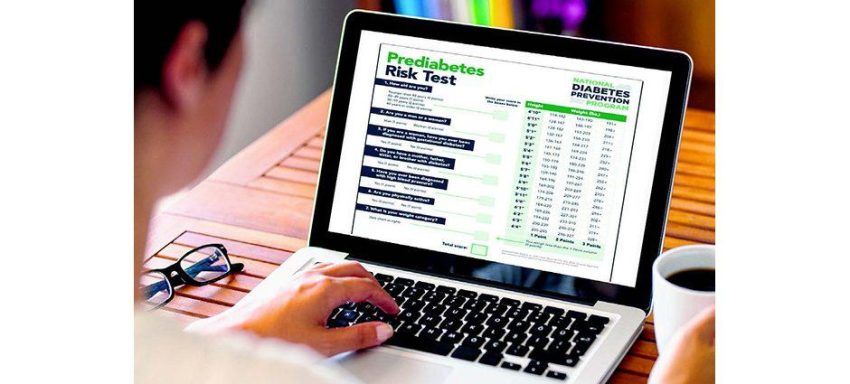Prediabetes is a condition in which blood sugar levels are elevated but not high enough for a diabetes diagnosis. Since it often develops without noticeable symptoms, many people remain unaware of their risk. Taking a prediabetes quiz is a simple way to assess whether lifestyle changes are necessary to prevent the progression of Type 2 diabetes. By answering a few key questions, individuals can determine their likelihood of having prediabetes and take proactive steps toward better health.
Why a Prediabetes Quiz is Important
Many people with prediabetes don’t experience symptoms, making early detection challenging. It helps bridge this gap by identifying risk factors based on age, weight, family history and lifestyle habits. Rather than waiting for a routine medical checkup, individuals can quickly evaluate their potential risk from home.
A prediabetes quiz also serves as a wake-up call. If results indicate a high likelihood of prediabetes, individuals can take immediate action. Early lifestyle changes, such as improving diet and increasing physical activity, can significantly reduce the risk of developing diabetes.
What a Prediabetes Quiz Evaluates
A prediabetes quiz typically includes questions that assess the following:
Age and weight: Older adults and those with a higher BMI have a greater risk.
Family history: A history of diabetes in close relatives increases the likelihood of prediabetes.
Physical activity: Sedentary lifestyles contribute to insulin resistance, a key factor in prediabetes.
Dietary habits: A prediabetes quiz may ask about sugar and carbohydrate consumption.
Blood pressure and cholesterol levels: High blood pressure and abnormal cholesterol levels are linked to prediabetes.
A prediabetes quiz analyzes these factors and provides a risk score that can indicate whether further testing is needed.
What to Do After Taking a Prediabetes Quiz
If a prediabetes quiz suggests a high risk, the next step is consulting a healthcare provider for blood sugar testing. A simple blood test can confirm prediabetes and help determine the best course of action. For those at risk, making immediate lifestyle changes is essential. This may include:
Adjusting diet: Reducing sugar and refined carbohydrates can help stabilize blood sugar levels.
Increasing exercise: Aiming for at least 150 minutes of moderate activity per week lowers the risk of diabetes.
Monitoring weight: Losing even a small percentage of body weight can significantly reduce prediabetes progression.
A prediabetes quiz isn’t a diagnostic tool, but it is a useful starting point for individuals who want to manage their health.
The Role of a Prediabetes Quiz in Disease Prevention
Public awareness about prediabetes remains low, yet early detection is crucial. A prediabetes quiz helps individuals recognize their risk and act before serious health issues develop. As more people turn to digital health tools, online quizzes are becoming a convenient way to promote awareness and encourage healthier choices.
Taking a prediabetes quiz is a quick, easy step toward better health. If the results indicate risk, making small changes today can prevent serious complications in the future. Early detection empowers individuals to take charge of their well-being and make informed decisions about their lifestyle. By addressing prediabetes at an early stage, people can significantly lower their chances of developing Type 2 diabetes and improve their long-term health outcomes.

